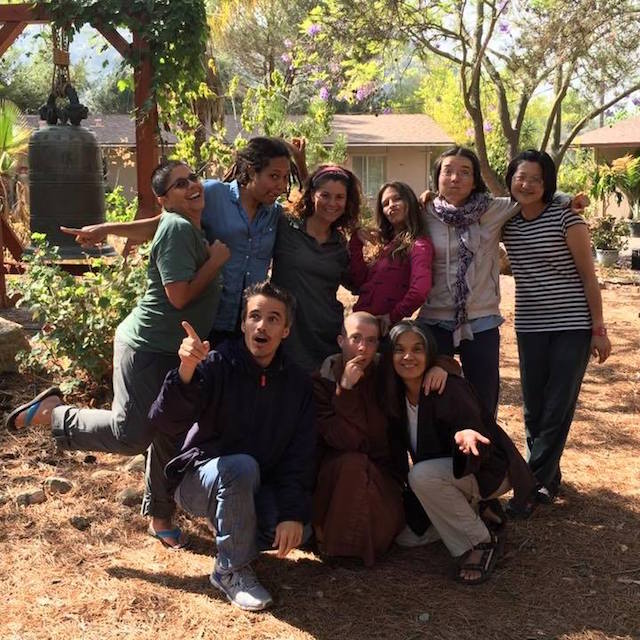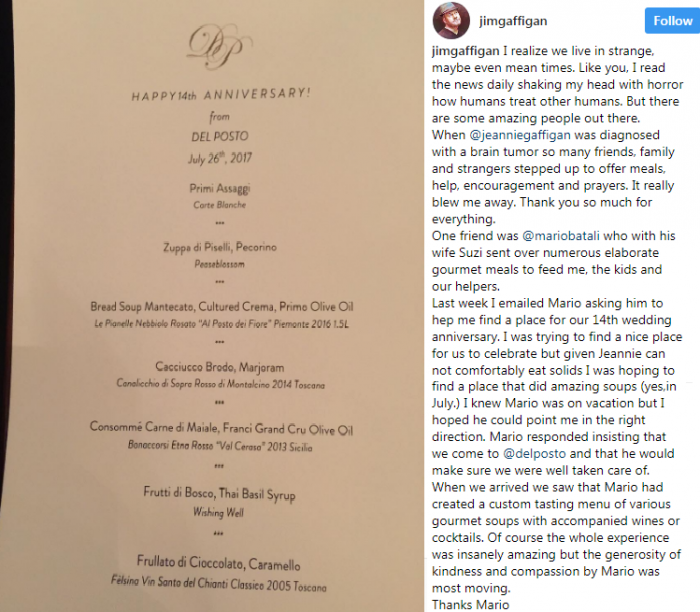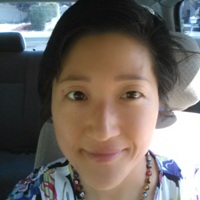
I just finished helping staff a “People of Color Retreat” at Deer Park Monastery in Escondido, California, which was rooted in the Plum Village tradition of practicing daily mindfulness.
It was five days long, and we were lucky to have guest teachers Larry Ward, Reverend Angel Kyodo williams, and Zenju Earthlyn Manuel there to offer dharma teachings.
The retreat brought together a community—or kindness network—of 10 staff members, resident monks and nuns, and 200 practitioners of color. We learned how to take care of ourselves, others and our communities through practicing mindfulness in breathing, sitting, walking, eating and working.
It was powerful to receive support not just from people of color, but also from others involved. The monastics took a step back by opening their homes—the monastery—to practitioners of color so that the retreat could happen in a safe, nurturing and joyful environment.
While it’s possible to get angry about the injustices and inequalities that people of color face in the United States, this retreat kept the tone of connecting to our breath—the inner goodness that transforms suffering into healing and joy.
This experience has affirmed my belief that kindness networks are important not only for our personal well-being, but for the well-being of our communities as well.
Sociology researchers James Fowler, Ph.D. at the University of California and Nicholas Christakis, M.D., Ph.D. at Harvard University refute the Darwinian model of evolution in which being selfish is the winner’s motto. Per Fowler and Christakis, the “fittest” isn’t the strongest and meanest; rather, they are the kindest and most good.
To overcome the obstacles of daily life, we must make and sustain kindness networks.
Based on years of studies, Fowler and Christakis have found that cooperative behavior spreads three degrees of separation, the effects persist over time, and the evolution of cooperation develops. Groups of altruists end up being more altruistic as a whole, more likely to progress and survive than selfish groups. Nicholas Christakis says:
“The flow of good and desirable properties like ideas, love, and kindness is required for human social networks to endure, and, in turn, networks are required for such properties to spread. Humans form social networks because the benefits of a connected life outweigh the costs.”
As a human beings, we are capable of doing amazing things animals and plants cannot do, such as contemplating and acting upon qualities of love, beauty, kindness and goodness. When we combine these qualities with others who nourish them, they grow above and beyond what we could imagine.
When we forget our own needs and desires and feel part of the whole—the network—the sublime feeling of bliss and peace is indescribable.
Another example comes to mind of when I participated in a protest for the ethnic studies department in 2000 at U.C. Berkeley. It was cold, and we slept on the hard floor outside the Chancellor’s Office, but the spirit of camaraderie and goodwill between over 200 other students and community members overpowered my individual discomforts.
“Though the multiplier in the real world may be higher or lower than what we’ve found in the lab, personally it’s very exciting to learn that kindness spreads to people I don’t know or have never met. We have direct experience of giving and seeing people’s immediate reactions, but we don’t typically see how our generosity cascades through the social network to affect the lives of dozens or maybe hundreds of other people.”
What is the allure of surviving by beating, killing or hurting others?
Immediately, there is release of passions, but consequences are detrimental. Justice and law must be faced, and socially, the person is cast out as a pariah. Most times it isn’t that obvious when people do nasty things to each other, but once an action is taken, it casts its mark—even if invisible—on the subject, object, and witnesses, sentient and non-sentient.
Once an action is done, it cannot be undone, and the repercussions will create a new action, now or later. This is called karma in Eastern philosophy, or justice in Western philosophy.
Evidence that goodness spreads across networks gives me hope that society can evolve to be more peace-loving and cooperative. As a whole, we are less violent than hundreds of years ago. But we can improve further with cooperation across racial, religious, cultural and gendered differences. It won’t happen overnight, or in the next generation, but time is on our side, and there is plenty of it.
Living in harmony and peace in our society is not pie-in-the-sky, wishful thinking. It is possible.
To achieve this, we need to network with others who hold similar beliefs. In this we need to have a healthy amount of humility, because egos and ideas of what is right are always present. In this world, things are imperfect, changing constantly—and while some see insecurity in that, it can also can bring to the world new creative solutions for bring peace, love and happiness. Isn’t that ultimately, what we all want?
Kindness networks are crucial for our survival.
We think being selfish works to our ultimate gain, but really, it has the opposite effect. There are short-term advantages to being selfish, whereas there are long-term benefits in being altruist. As a society, we can encourage, through kindness networks, a long-term vision for caring for human beings.
By connecting with others with the sincere belief that we are capable of goodness, by working together for a cause like protecting the diversity of education, and by participating in and supporting a People of Color Retreat, we perpetuate and nurture kindness, love and goodness in ourselves and human beings.
Sources:
“Cooperative behavior cascades in human social networks.”
“The Hidden Influence of Social Networks.”
A beautiful example of how even small kindnesses can make all the difference: “Jim Gaffigan tries to find a place to take his wife for an anniversary dinner after she was diagnosed with a brain tumor. (imgur.com)

Author: Stephanie Lee
Image: Author’s Own
Editor: Toby Israel
~






Read 0 comments and reply